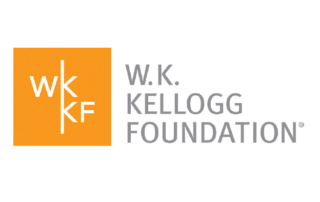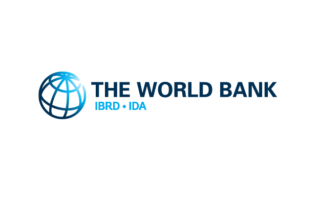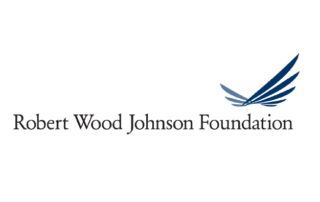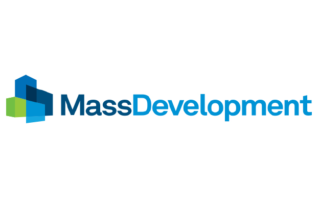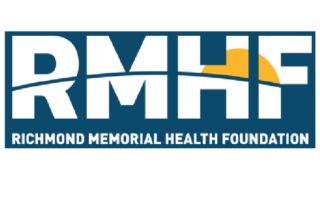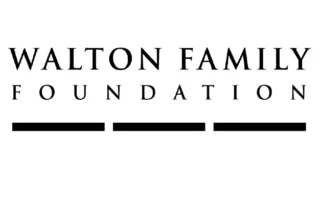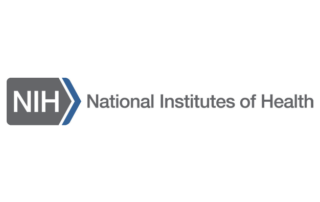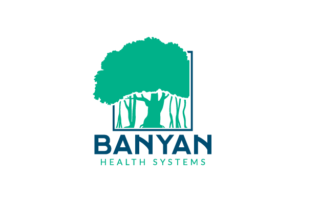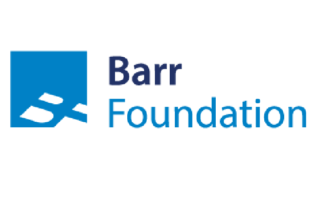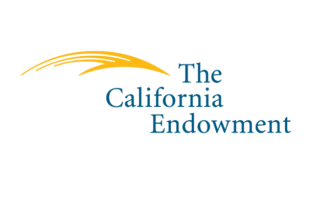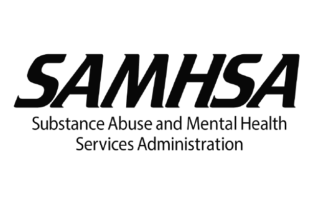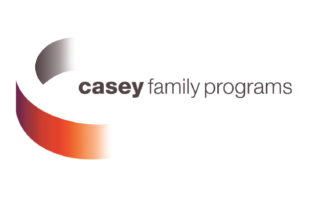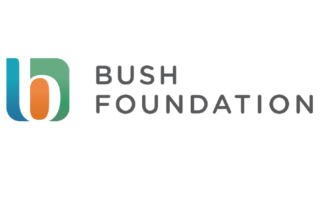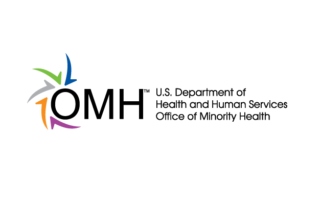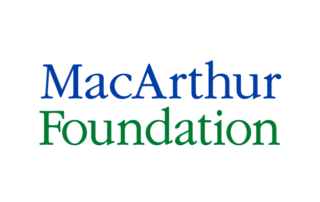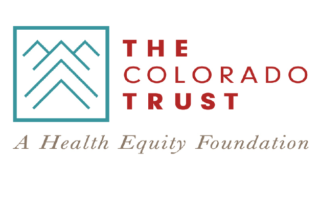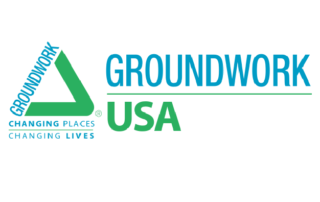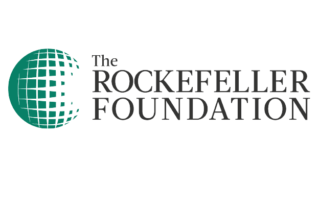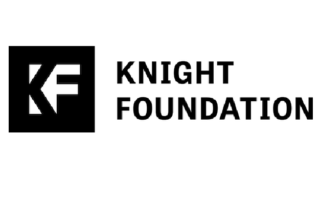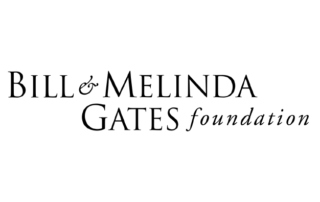Organizational Effectiveness
Organizations, from foundations to nonprofits and public agencies, are effective when they are responsive to their communities’ needs and develop the capacity to achieve their goals, learn and continuously improve to advance equity and social justice.
Our Approach
Effective organizations strengthen their leadership, develop powerful strategies, as well as evaluate, learn, and continuously improve their strategies and efforts. We treat every organization as a living system with interconnected parts and work to integrate inclusive practices into every part. We also know that organizations are made up of people, and their relationships with one another—and expectations of each other—are foundational. As part of our approach, we assess the state of these relationships and expectations and help organizations develop solutions that will lead to a more inclusive and equitable environment. We also recognize that every organization is part of an ecosystem—a complex web of organizations that interact with one another, affecting the communities and constituencies they serve individually and collectively. Our methodology to building effective organizations examines this ecosystem to ensure that the organization develops strategies that are aligned and integrated with its environment.

How We Can Help
Our team of experts in strategic planning, equity strategy development & implementation, and data & evaluation capacity building are available and capable of providing nonprofit, public, philanthropic, and private organizations the following:

